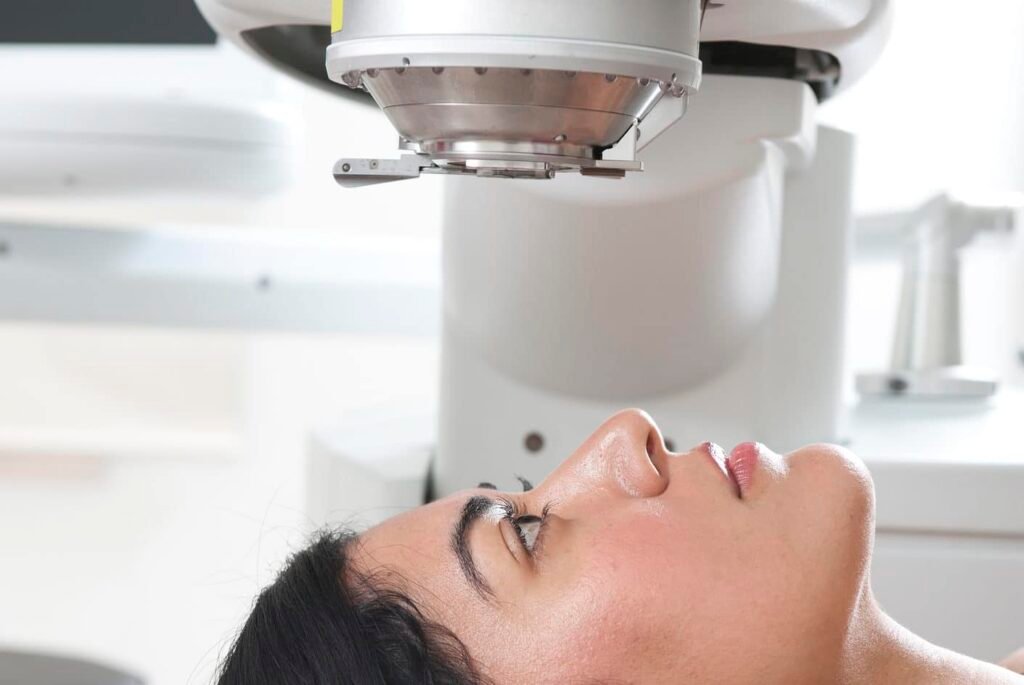Traveling to South Korea for LASIK surgery is an exciting step toward clearer vision—and it’s important to make the most of your investment by following proper aftercare. South Korea is home to world-class eye clinics that prioritize not just cutting-edge technology, but also a strong post-operative care system.
For medical tourists, aftercare is especially critical because of time constraints and travel-related factors. This guide will walk you through essential LASIK aftercare practices in Korea to ensure a smooth recovery and optimal results, even when you’re far from home.
👁️ Why Aftercare Matters for LASIK
LASIK is a minimally invasive procedure with a high success rate, but healing continues for weeks after the surgery. Following your doctor’s instructions helps reduce the risk of complications such as:
- Dry eye syndrome
- Corneal infection or inflammation
- Visual disturbances (halos, glare)
- Under-correction or regression of vision
Proper aftercare can make the difference between a good outcome and a truly life-changing one.
🗓️ Immediate Aftercare: First 24–72 Hours
✅ What to Expect:
- Blurry vision that improves within a few hours
- Light sensitivity and mild discomfort
- Watery or dry eyes
- Gritty or sandy sensation
✅ What to Do:
- Rest your eyes—limit screen time and avoid reading
- Wear protective eye shields while sleeping for 3–5 nights
- Avoid touching or rubbing your eyes
- Take prescribed eye drops (antibiotic, anti-inflammatory, and lubricating drops) exactly as instructed
- Wear sunglasses outdoors to protect from UV rays and wind
🏥 Clinic Follow-Up:
Korean clinics like SNU Eye Clinic and B&VIIT Eye Center provide next-day post-op checkups to monitor corneal healing and answer any questions.
✈️ Travel Considerations for Medical Tourists
If you’re planning to return home shortly after surgery:
✈️ When Is It Safe to Fly?
- Most clinics recommend waiting 3–7 days before flying internationally.
- Ensure you attend at least one post-op checkup before departure.
- Bring lubricating drops and avoid dry cabin air by staying hydrated.
💡 Tip:
Some clinics offer telemedicine follow-ups after you return home, allowing you to stay connected to your Korean surgeon.
🧴 Ongoing Eye Care: Week 1–4
What to Avoid:
- Swimming, saunas, or hot tubs (for at least 2–3 weeks)
- Heavy makeup around the eyes
- High-impact sports or intense exercise that may increase eye pressure
What to Maintain:
- Continue using lubricating drops regularly
- Avoid dusty or smoky environments
- Use a humidifier if you’re staying in an air-conditioned hotel room
🏨 Where to Recover in Comfort
Many clinics in Seoul offer partnerships with nearby hotels or recovery-friendly accommodations, providing:
- Quiet, clean environments
- Proximity to the clinic
- Staff familiar with post-surgery care needs
Some eye centers even provide in-house recovery lounges where you can relax under medical supervision.
💬 Language & Communication Support
Leading Korean clinics provide:
- Multilingual coordinators to help you understand post-op instructions
- Printed and digital care guides in English, Chinese, or Japanese
- Direct messaging options (WhatsApp, KakaoTalk) for emergency concerns
You’ll never feel alone during your recovery process.
🔁 Follow-Up After Returning Home
You may not be in Korea long enough for all post-op checkups. Here’s how to stay on track:
- Ask for a full post-op report to share with your local optometrist
- Schedule a checkup within 2–4 weeks after returning home
- Inform your Korean clinic of any changes in vision or comfort level
🧘 Bonus Tips for Faster Healing
- Eat an anti-inflammatory diet rich in omega-3s (salmon, walnuts, chia seeds)
- Get adequate sleep to allow tissue regeneration
- Limit screen time and take frequent eye breaks
- Avoid alcohol and smoking, as they can delay healing
💬 Testimonials from International Patients
“I had LASIK at B&VIIT Eye Center, and their post-surgery support was amazing—even after I went back to Singapore. They followed up with me via email and answered all my questions.”
— Michelle L., 29, Singapore
“The SNU Eye Clinic gave me a detailed aftercare pack with instructions in English. I had no issues flying back to Canada after 5 days.”
— David H., 34, Canada
Final Thoughts
LASIK surgery in Korea is a safe and effective choice for international patients, but aftercare is just as important as the surgery itself. By following the clinic’s advice, protecting your eyes, and preparing for recovery, you’ll give yourself the best chance at a lifetime of clear vision.




